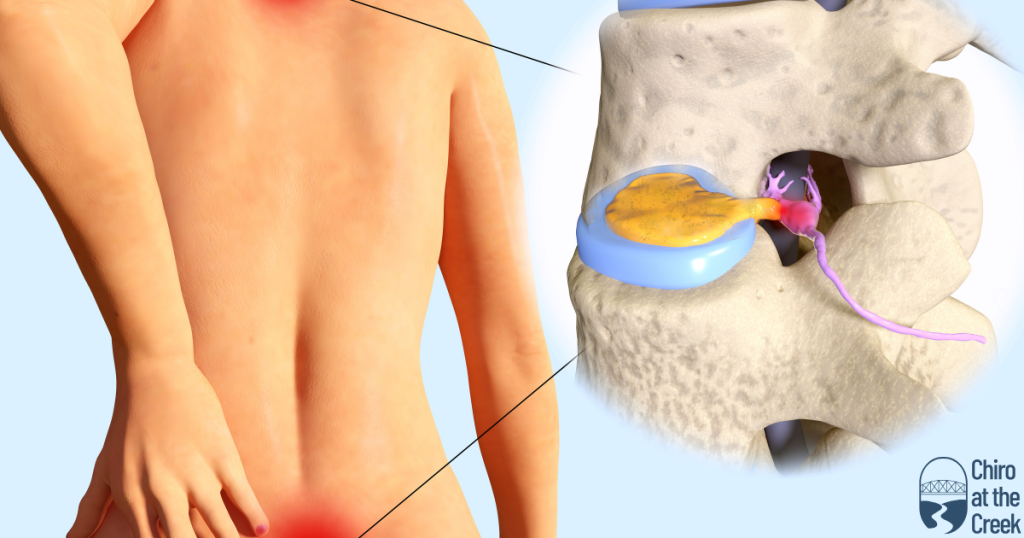Chiropractic Care and ADHD Symptoms: Exploring the Connection
Chiropractic care is a form of alternative medicine that focuses on diagnosing and treating mechanical disorders of the musculoskeletal system, especially the spine. While commonly associated with back pain, neck pain, and headaches, recent research indicates that chiropractic interventions may also offer benefits for individuals with Attention Deficit Hyperactivity Disorder (ADHD). This condition affects millions of adults and children worldwide, making it one of the most common neurodevelopmental disorders of childhood.
Understanding ADHD and Its Common Symptoms
ADHD is characterized by persistent patterns of inattention, hyperactivity, and impulsivity that interfere with functioning or development. Symptoms can include difficulty sustaining attention in tasks, disorganization, forgetfulness, fidgeting, excessive talking, and impulsive decision-making. These symptoms are often managed through medications and behavioral therapies, but some individuals and families seek alternative treatments like chiropractic care to avoid the side effects of conventional drugs or when traditional therapies yield limited benefits.
How Chiropractic Care Can Help with ADHD Symptoms
1. Neurological Benefits
The chiropractic philosophy posits that spinal adjustments can improve overall body function by enhancing nerve transmission. It’s believed that specific chiropractic treatments can help re-align the spine, thereby potentially improving neural integrity. According to a study published in the Journal of Manipulative and Physiological Therapeutics, researchers observed improvements in ADHD symptoms following chiropractic treatments, including better attention and reduced hyperactivity. The researchers suggest that these improvements may stem from normalized neural behavior due to corrected spinal alignment.
2. Reduction in Nerve Interference
Chiropractors often discuss the idea of reducing nerve interference through spinal adjustments. In theory, misalignments in the spine—known as subluxations—can lead to disruptions in the nervous system that exacerbate symptoms of ADHD. By correcting these subluxations, chiropractic care may help to restore balance and proper nerve function, potentially alleviating some behavioral manifestations of ADHD. While more research is needed to definitively prove this theory, anecdotal evidence and preliminary studies provide a basis for ongoing investigation.
3. Improved Sleep Patterns
A common issue among individuals with ADHD is difficulty sleeping, which can further exacerbate daytime symptoms. Chiropractic adjustments have been shown to aid in better sleep, primarily by reducing pain and discomfort that can interfere with quality rest. Although direct studies on chiropractic care for sleep in ADHD patients are limited, the general benefits of improved sleep from spinal adjustments could translate to better overall management of ADHD symptoms.
4. Enhanced Well-being and Stress Reduction
Managing ADHD symptoms can be stressful for both patients and their families. Stress, in turn, can worsen ADHD symptoms, creating a vicious cycle. Chiropractic care is known for its ability to reduce stress and anxiety through non-invasive treatments, which may also positively affect those with ADHD. The calming nature of the treatment environment—often designed to provide a serene and therapeutic experience—may itself contribute to a reduction in ADHD symptoms.
Conclusion
Chiropractic care can be a valuable part of a supportive approach for managing ADHD symptoms, particularly by promoting better nervous system regulation. Gentle spinal adjustments aim to optimize the function of the central nervous system by reducing spinal misalignments that may interfere with brain-body communication. This can lead to improvements in posture, sleep quality, and stress responses—all of which play a role in attention, focus, and behavioral regulation. Chiropractic care also encourages healthy lifestyle habits and offers a drug-free approach that can complement other therapies or interventions, making it an appealing option for families seeking a more holistic strategy.













